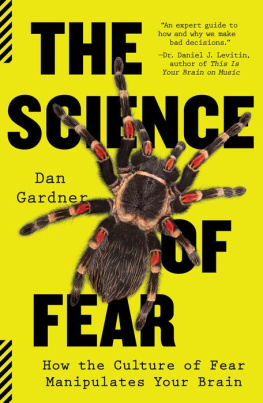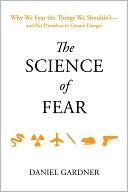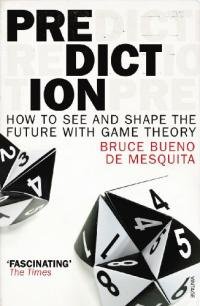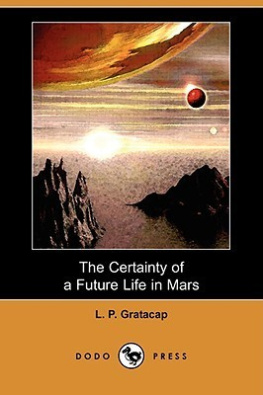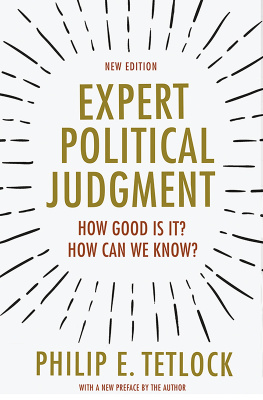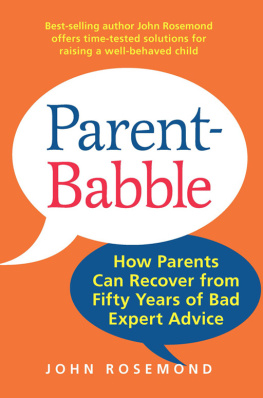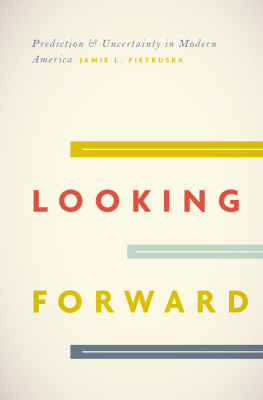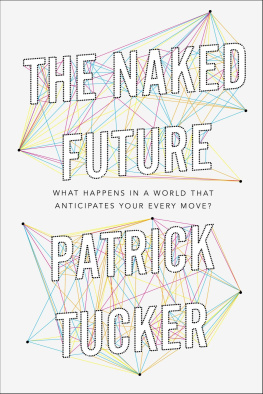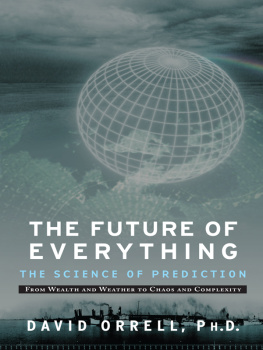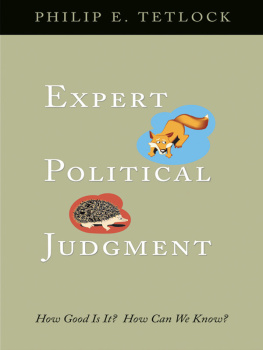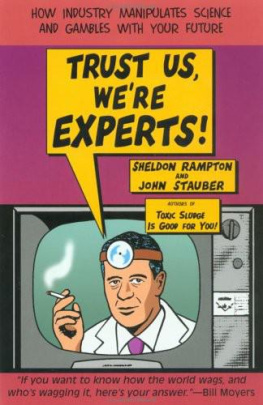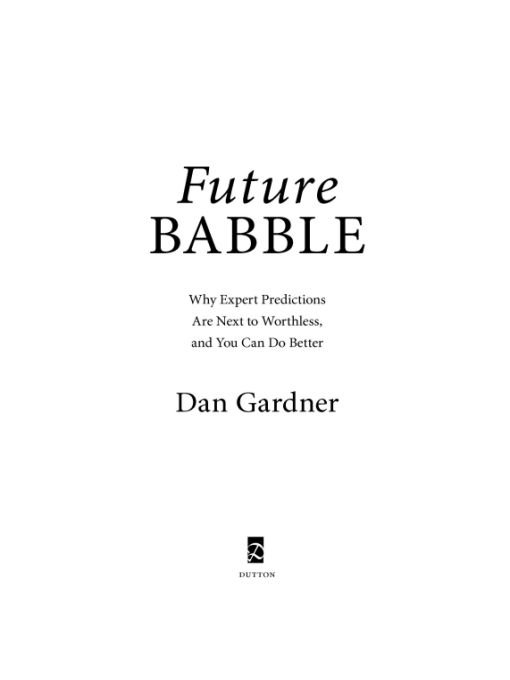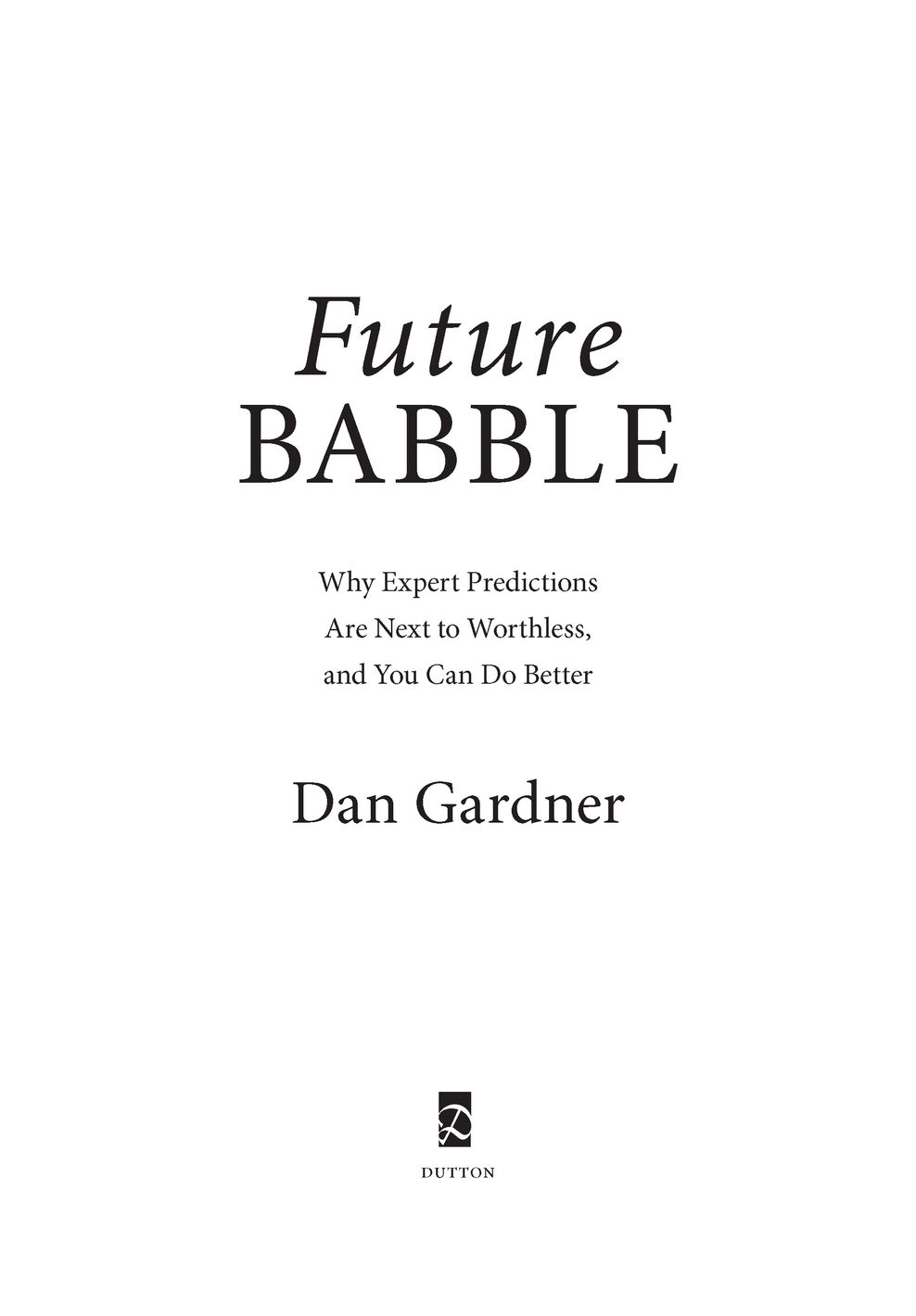Table of Contents
ALSO BY DAN GARDNER
THE SCIENCE OF FEAR:
How the Culture of Fear Manipulates Your Brain
For Mum and Dad, who gave me a future, and for Victoria, Winston, and MacDougall, who are the future
Preface
As I read the newspaper this morning, I became engrossed in a story about what would happen in the future.
The story said the latest economic forecast of the Organization for Economic Cooperation and Development (OECD) showed growth over the next couple of years would be stronger than previously projected. I read every word avidly. Like most people these days, Im worried about the economy. The last few years have not been good ones. There was a calamitous credit crisis, the puncturing of real estate bubbles in one country after another, and a global recession worse than anything since the Second World War. Then came a weak recovery, debt crises, and fears of inflation. Or deflation. Take your pick. Who knows what will come next? Not me, although I very much want to. So when my morning newspaper delivered the knowledge I crave, from the esteemed experts at the OECD no less, it had my full and enthusiastic attention. Growth will be better than expected! Fabulous!
But then I realized something. The phrase better than expected means there was a forecast that preceded this one, and by issuing a new and different forecast, the OECD was conceding that the latest information suggested the earlier forecast was wrong. If the first forecast could fail, so could the second, and yet I had reacted to the second forecast as if it were a sure thing. It was also a little sobering to recall that the OECD had forecast smooth sailing in 2008 and 2009. Hurricane? What hurricane?
And I remembered something else. I had just finished writing a book about how awful experts are at predicting the future and how psychology compels people to take predictions seriously anyway.
Case in point: me.
I mention this because the mistakes and delusions I chronicle in this book are human follies. We are all susceptible to them, even authors who write about the mistakes and delusions of others. The goal of this book is not to mock particular individuals. Nor is it to scorn the category known as experts. It is to better understand the human desire to know what will happen, why that desire will never be satisfied, and how we can better prepare ourselves for the unknowable future.
Although most of the issues discussed in this book are very much in the news todayfrom the economy, to oil prices, to environmental catastropheI generally dont examine current predictions for the simple reason that no one really knows if they are accurate or not. I may feel that a prediction is sensible or silly, but others may feel differently, and arguing about it will get us nowhere. Only the passage of time can settle it. And so I focus on recent history: If, for example, someone predicted a second Great Depression would start in 1990 (as one economist did in a wildly popular book), then I can say with considerable confidence that he was wrong. And no reasonable person will disagree.
I should also note that while I have tried to be fair in portraying what experts predicted and how accurate those predictions were, I often had to condense entire books to a few sentences and sum up complex evidence with equal brevity. Inevitably, these summaries are full of subjective judgments: Do not take what I say as the final word. Most of the papers and articles discussed here are available on the Internet; all the books can be found in libraries and used book stores. Have a look and decide for yourself. I know that reading old predictions about a future that is now the past may sound hopelessly dull, but its not. In fact, its surprisingly enjoyable and rewarding. Its raw history, after all. There is no better way to climb inside a moment in time and see the world from that perspective. Or to realize that while the future we face may be disturbingly uncertain, twas ever thuswhich is oddly reassuring.
My profound thanks to Philip Tetlock, for doing the demanding research that is the foundation of this book and for being generous and helpful at an unimaginably difficult time in his life. A gentleman and a scholar, indeed.
Also thanks to my research assistant, Courtney Symons, and my marvelous editors, Susan Renouf at McClelland & Stewart and Stephen Morrow at Dutton. Many others contributed one way or another to the book in your hands, including Scott Gilmore, Rudyard Griffiths, Liam Scott, Bruce Schneier, and my longtime friends and colleagues David Watson and Leonard Stern. A special thanks to Paul Slovic, John Mueller, Marc Ramsay, and Barry Dworkin for reading early versions and providing invaluable thoughts and suggestions. Of course, having been written by a fallible human, this book will contain errorsfor which the author is solely responsible. All corrections and constructive criticism will be gratefully received.
And finally, thanks to my wife, Sandra, without whom I could do, and would be, nothing.
Introduction
The end of everything we call life is close at hand and cannot be evaded.
H. G. WELLS, 1946
George Edward Scott, my mothers father, was born in an English village near the city of Nottingham. It was 1906. We can be sure that anyone who took notice of Georges arrival in the world agreed that he was a very lucky baby.
There was the house he lived in, for one thing. It was the work of his father, a successful builder, and it was, like the man who built it, correct, confident, and proudly Victorian. Middle-class prosperity was evident throughout, from the sprawling rooms to the stained-glass windows and the cast-iron bathtub with a pull-cord that rang a bell downstairs. A maid carrying a bucket of hot water would arrive in due course.
And there was the country and the era. Often romanticized as the long Edwardian summer, Britain at the beginning of the twentieth century was indeed a land of peace and prosperity, if not strawberries and champagne. Britain led the world in industry, science, education, medicine, trade, and finance. Its empire was vaster than any in history, its navy invincible. The great and terrible war with Napoleons France was tucked away in dusty history books and few worried that its like would ever come again.
It was a time when Progress was capitalized. People were wealthier. They ate better and lived longer. Trade, travel, and communication steadily expanded, a process that would be called, much later, globalization. Science advanced briskly, revealing natures secrets and churning out technological marvels, each more wonderful than the last, from the train to the telegraph to the airplane. The latest of these arrived only four years before George Scott was born, and in 1912, when George was six, his father gathered the family in a field to witness the miracle of a man flying through the air in a machine. The pilot waved to the gawkers below. Now Ive seen it, Georges grandmother muttered. But I still dont believe it.
And the future? How could it be anything but grand? In 1902, the great American economist John Bates Clark imagined himself in 2002, looking back on the last hundred years. He pronounced himself profoundly satisfied. There is certainly enough in our present condition to make our gladness overflow and to hope that the spirit of laughter and song may abide with us through the years that are coming, Clark wrote. The twentieth century had been a triumph, in Clarks imagining. Technology had flourished, conflict between labor and capital had vanished, and prosperity had grown until the slums were transformed into abodes of happiness and health. Only trade had crossed borders, never armies, and in the whole long century not a shot had been fired in anger. Of course this was only to be expected, Clark wrote, even though some silly people in earlier generations had actually believed war could happen in the modern worldas if nations bound together by such economic ties as now unite the countries of the world would ever disrupt the great industrial organism and begin fighting.


